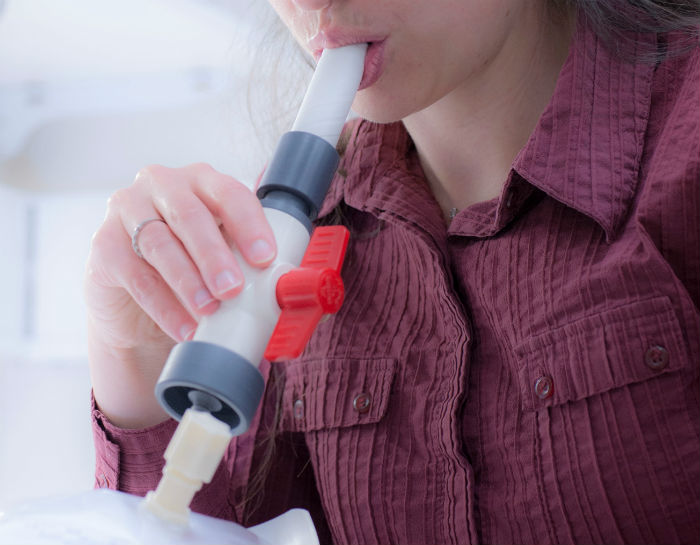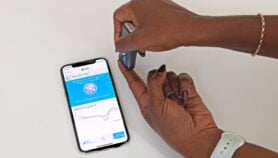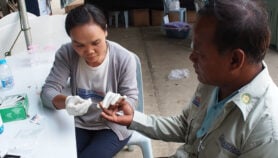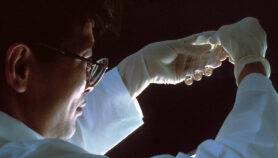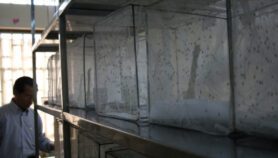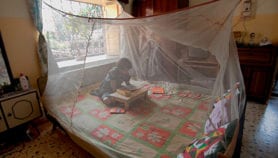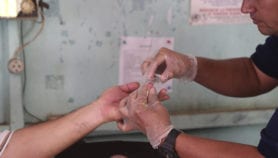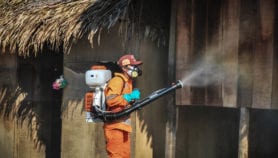By: Nick Reading
Send to a friend
The details you provide on this page will not be used to send unsolicited email, and will not be sold to a 3rd party. See privacy policy.
Bangladesh figures in a list of countries due for field trials of a new breathalyser test that can detect malaria at an early stage. Other high-incidence countries where trials are to be conducted are Malawi, Sudan and Malaysia (Sabah province).
Bangladesh’s national plan against malaria expects that by 2020 the country would become free of malaria and health authorities say that the breathalyser, if successful, could greatly help achieve that goal by reducing the costs of testing.
The breathalyser can help to effectively target communities affected by the disease, its developers say. They have identified distinctive chemicals known as markers that can be detected in the breath of people with malaria.
The researchers from the Commonwealth Scientific and Industrial Research Organisation (CSIRO), an Australian federal government agency, will now spend the next 18 months assessing the test in the field. They will collaborate with colleagues in the United States after receiving a US$1.4 million grant from the Bill & Melinda Gates Foundation.
“We can now test the accuracy and effectiveness of the breath markers under real-world conditions,” Stephen Trowell, research group leader at CSIRO, said in a statement.
“If this phase of the research pans out, we intend to move on to developing a simple, painless and cheap breath test to help identify people who have malaria but don’t know it.”CSIRO’s researchers will collect breath samples from patients suspected of having malaria. A control group will also provide samples for comparison before both sets of samples are sent to Australia or the United States for analysis.
The prototype device for collecting breath samples resembles the breathalysers police officers use to test motorists for drink driving. It is cheaper than conventional blood testing, requires no medical expertise to operate and could lead to early diagnosis, the developers point out.
“The detection of biomarkers in breath would certainly be an easier method for malaria diagnosis,” says Iveth González, who leads the Malaria & Acute Febrile Syndrome Programme at Swiss not-for-profit the Foundation for Innovative New Diagnostics.
References
World malaria report 2015 (WHO, December 2015)


